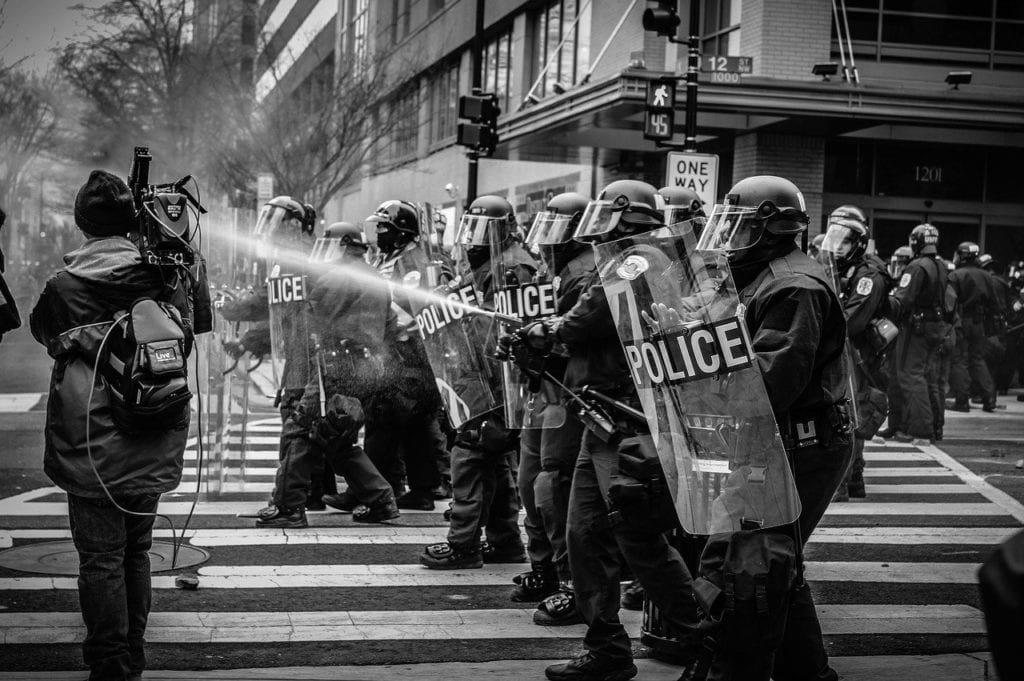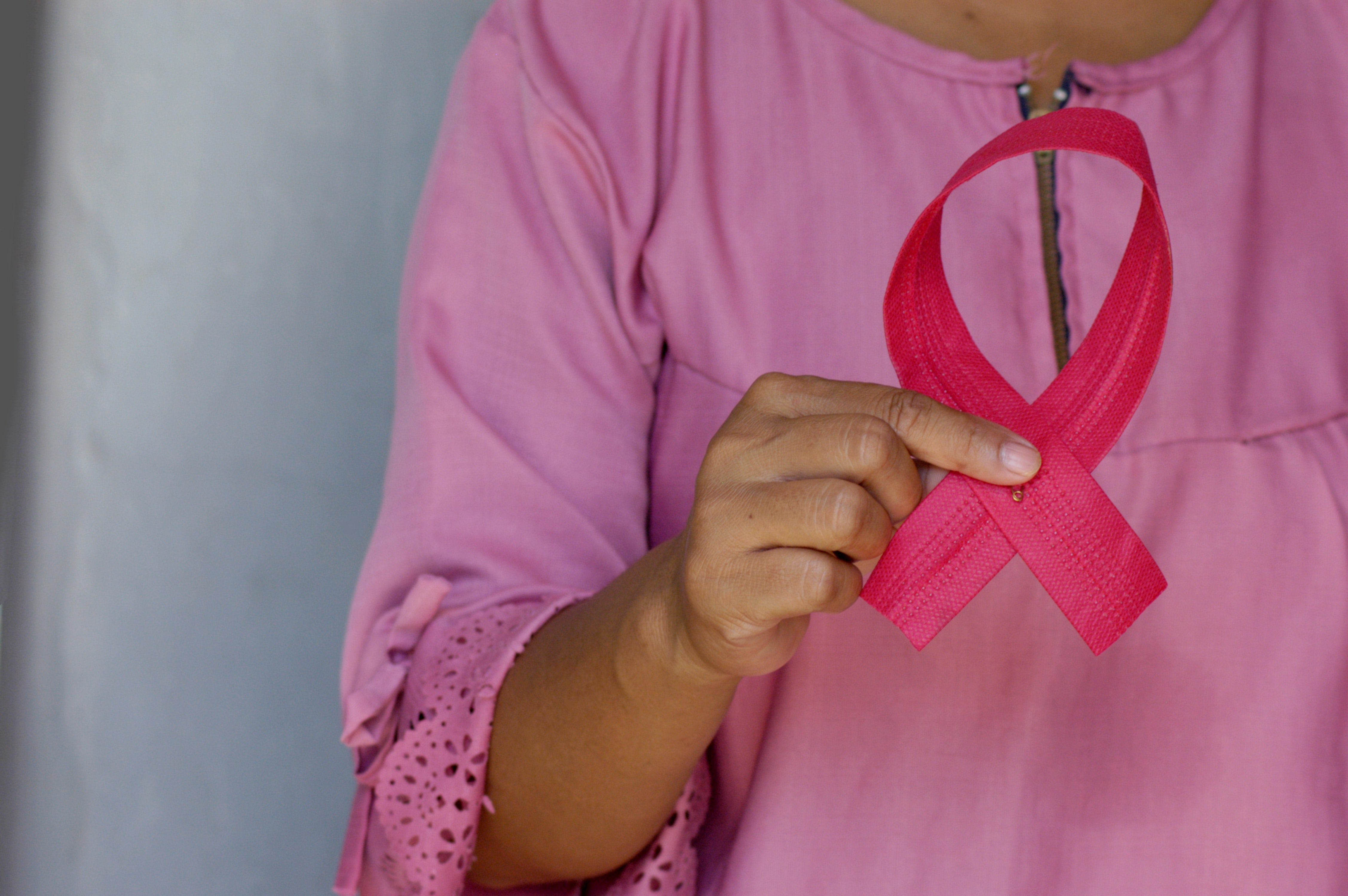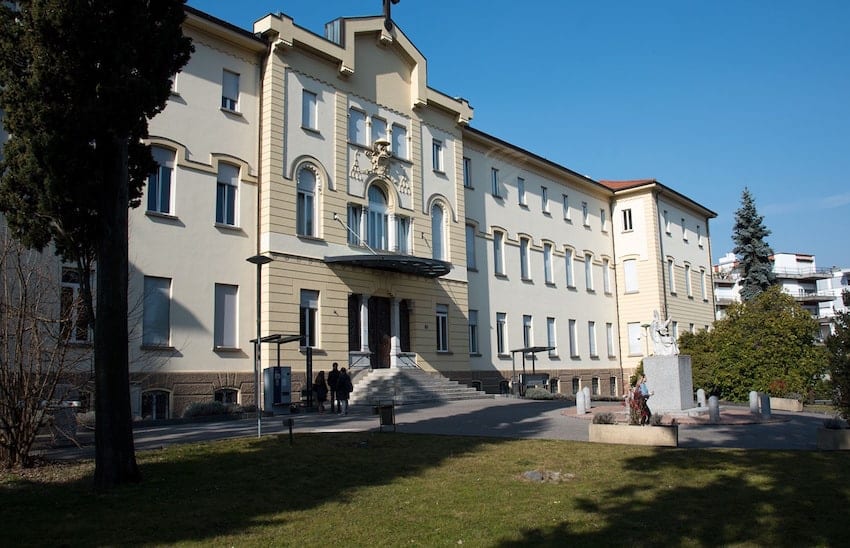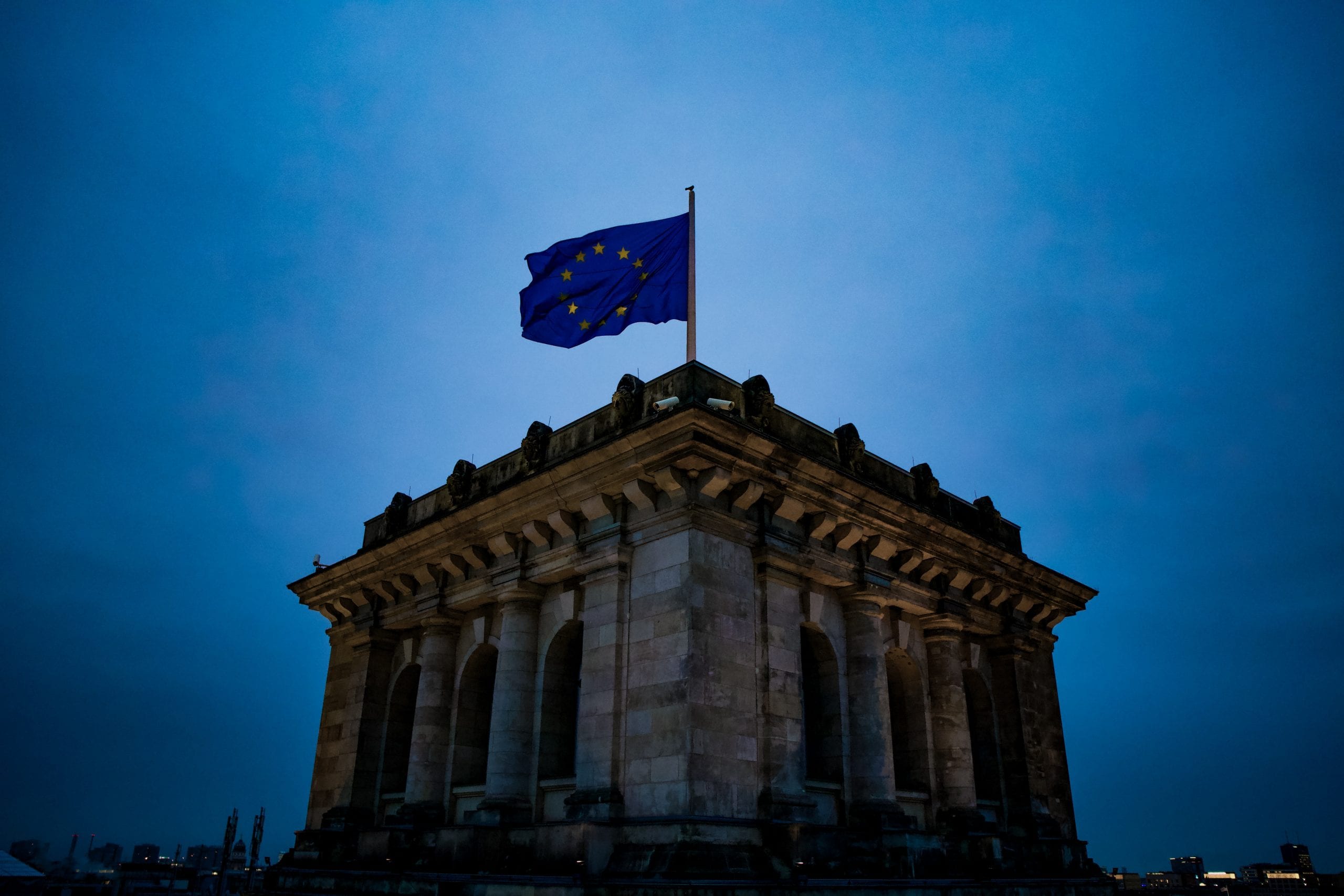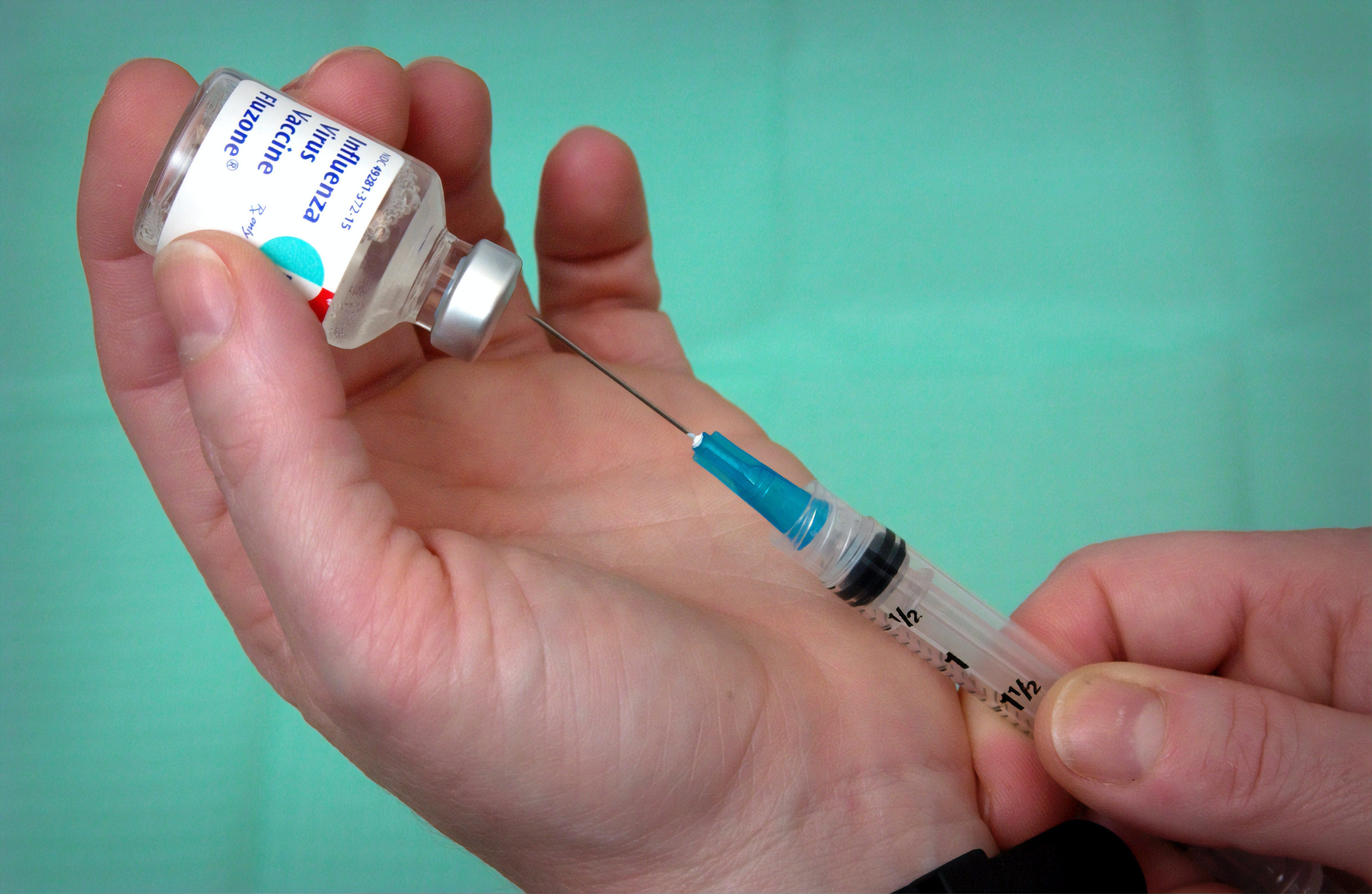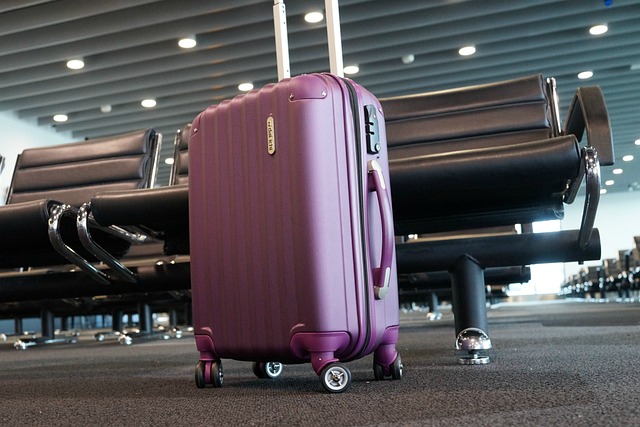By A. Altieri D’Angelo
U.S. law enforcement has been under severe pressure to change its culture and tactics. Many liberals and minorities, particularly Black Americans, have demanded the defunding of the police departments. Conservatives (and some moderates), on the other hand, do not see a need for any changes. Unfortunately for the U.S., the two groups are not working together to develop viable solutions to solving racial injustice and police brutality.
The country, however, needs serious people to work together to create and implement sustainable solutions. Three influential groups (local law enforcement, minority communities, and politicians) must fully commit to developing and implementing a transformative approach to prevent crime and eliminate racial injustice. Each group must do its part; otherwise, nothing will change.
Black Americans represent 13.4% of the U.S. population (as of the end of 2019), but their overall arrest rate is 27.4% of all U.S crime. Law enforcement kills three times the number of Black Americans than White Americans. The higher level of arrests and kill rates of Black Americans fuels distrust and anger in minority communities. These communities generally believe local law enforcement minimizes black lives and is determined to suppress their rights. At the same time, other Americans believe that Blacks are committing more crime and suffering the consequences. The Police see themselves as warriors fighting a battle against criminals and hostile minority communities. There is no common ground!
The killing of George Floyd and Breanna Taylor has led to a furious condemnation of police policies. But the criticisms of law enforcement have made the situation worse. Many minority communities now believe the Police can no longer enforce the law (or choose not to do so); crime, shootings, and murders have spiked in many cities. The situation will continue to deteriorate; unless communities reorganize law enforcement.
Many experts have offered sensible solutions to fight crime and eliminate racial prejudice. Some have suggested that local law enforcement should increase the number of minority police officers to a level equal to the percentage of minorities in the communities they serve. Senior police leadership in all departments must reflect the community as well. De-escalation techniques should become an integral part of police academy training. There must also be greater transparency regarding any investigation into police actions; the recent Breanna Taylor Grand Jury process is a case in point. Lastly, and most importantly, police culture must change. They cannot view minority communities as the enemy; they need to form a strong partnership with their local communities and jointly fight crime and systemic racism.
Local communities have an absolute obligation to partner with law enforcement. They need to work out a code of conduct that will lead to effective law enforcement and increased local support. The communities must take an active part in reducing crime; they must become law enforcement’s eyes and ears. They need to show lawbreakers that they will take back control of the community by working with the Police. This approach may take years to develop fully, but it is the only way to reduce crime and racial prejudice.
Politicians, at all levels of government, are an essential part of the transformation process. They will impact reform through legislation, funding, and local support. First, they need to stop playing political games. For example, the Minneapolis City Council passed a resolution to dissolve the police department. It was a publicity stunt; the Council knew they had no authority to force any changes. The publicity stunt did, however, lead to a significant increase in retirements and sick leave; this is not police reform.
Legislators also need to be more careful when enacting laws that affect public safety. Poorly drafted rules put communities and Police at risk. New York State passed a bail reform law that took effect on January 1st, 2020. According to Bill de Blasio, the progressive Mayor of New York City and a supporter of bail reform, the new law allows too many offenders to be released, thereby increasing crime rates.
Politicians must play a constructive role in this process. They can start by publicly supporting the partnering of local communities and law enforcement. They must obtain the additional funding required for the reform process. They must also begin to eliminate the economic disparity that exists between White and Black Americans. They need to improve education and housing in the communities and expand opportunities for minorities to do business with the government.
The ultimate goal is to have all citizens treated the same under the law regardless of color. Law enforcement will need to change and partner with others if it is to achieve this goal. It cannot do this on its own.

